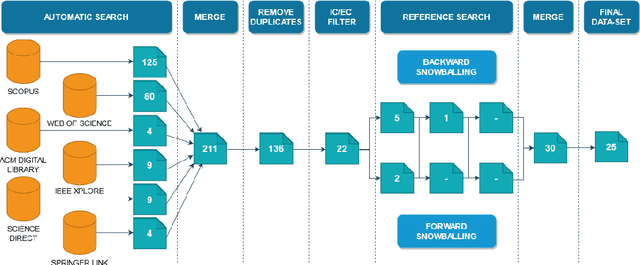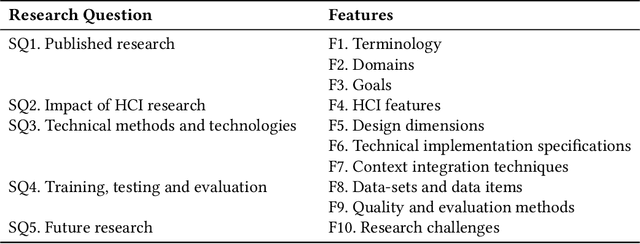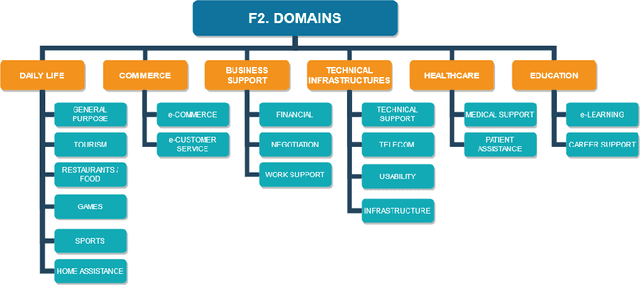Conversational Agents in Software Engineering: Survey, Taxonomy and Challenges
Paper and Code
Jun 21, 2021



The use of natural language interfaces in the field of human-computer interaction is undergoing intense study through dedicated scientific and industrial research. The latest contributions in the field, including deep learning approaches like recurrent neural networks, the potential of context-aware strategies and user-centred design approaches, have brought back the attention of the community to software-based dialogue systems, generally known as conversational agents or chatbots. Nonetheless, and given the novelty of the field, a generic, context-independent overview on the current state of research of conversational agents covering all research perspectives involved is missing. Motivated by this context, this paper reports a survey of the current state of research of conversational agents through a systematic literature review of secondary studies. The conducted research is designed to develop an exhaustive perspective through a clear presentation of the aggregated knowledge published by recent literature within a variety of domains, research focuses and contexts. As a result, this research proposes a holistic taxonomy of the different dimensions involved in the conversational agents' field, which is expected to help researchers and to lay the groundwork for future research in the field of natural language interfaces.
 Add to Chrome
Add to Chrome Add to Firefox
Add to Firefox Add to Edge
Add to Edge